Pets face stress during all life stages including mild and common illnesses, injuries, surgeries, and normal aging. A common thread of any stressor is inflammation. Inflammation can result when the immune system is activated. Inflammation is a normal physical response, usually to injury or illness. It's the body's way of protecting itself by dilating blood vessels and allowing increased blood flow and accumulation of cells to the affected area. The variety of immune cells can lead to addressing the damage and help return to a normal status. It's a crucial response that helps us and our pets – but it can sometimes get out of hand. Two types of inflammation occur in both humans and pets, acute and chronic.
Acute inflammation occurs as a near-immediate response to a specific injury or tissue damage. For instance, when a bone is broken, there's swelling, redness, and heat as your body tries to prevent infection and jumpstart the healing process to help repair damaged tissues. Acute inflammation is a normal process that helps address the injury or tissue damage. Chronic inflammation is longer term and may affect the entire body leading to chronic disease or health issues. Chronic inflammation may result in tissue damage to the body's cells, oxidative stress, and can increase the risk for illnesses. Some reported links between chronic inflammation and malnutrition suggest specific dietary problems and imbalances can spark issues.
{{editor}}
When choosing foods, treats and supplements, special attention should be given to functional ingredients that promote health and well-being, including those that have a beneficial effect on managing inflammation, including plasma derived proteins. In numerous, studies across multiple species, research has shown adding plasma to diets has numerous long-term health and developmental benefits.
WHAT IS PLASMA
Plasma is a natural ingredient backed by decades of research demonstrating a proven whole-body effect, modulating inflammation at the source. Consumed orally, the functional proteins in plasma don't interfere with the body's natural immune response to inflammation; instead, they help the immune system to respond more quickly and efficiently.
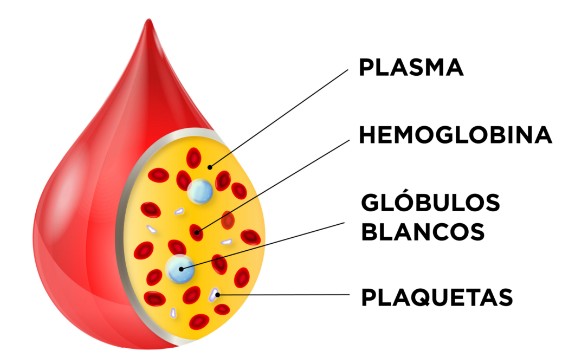
WHAT COMPONENTS MAKE PLASMA EFFECTIVE?
Plasma contains a complex mixture of functional proteins including:

INFLAMMATION OCCURS AT ALL LIFE STAGES
YOUTH
Puppies and kittens use a lot of energy during their initial days growing and exploring their new surroundings. They need a diet full of calories and specific nutrients that help build healthy muscles and bones, eyesight, their gastrointestinal tract, and mental cognition. Being curious creatures, they go through many life stressors – eating things they shouldn't, getting vaccinations, adjusting to a new environment and life without littermates or mom. These stressors take a toll on young pets and cause their bodies to respond to the stressors instead of using vital energy and nutrients to grow.
ADULT
Adult pets need a quality diet that suits their lifestyle, filled with quality proteins, calories, and nutrients to help maintain proper weight and energy levels and preserve good health. Like when they were younger, adult pets go through many stressful events that cause inflammation. Vet visits, separation anxiety, or unfamiliar surroundings – even thunderstorms cause stress. Some of our pets, particularly dogs, have jobs such as herding cattle, competing in events and hunting, all of which can elevate stress levels.
SENIOR
Senior pets have usually been with their owners for many years and have been loyal and loving companions. Unfortunately, like us, life's stressors and inflammation brought on by advancing age causes pets to slow down. We see inflammation impacting a pet's range of mobility, reduced cognitive function, loss of muscle mass and strength, decreased appetite, and frequently, compromised intestinal health, digestion, and nutrient absorption.
PLASMA SUPPORTS PETS THROUGH ALL LIFE STAGES
Development of the young animal requires good nutritional support while minimizing the effects of inflammation and stress. Plasma provides proteins and amino acids while modulating intestinal inflammation to maintain intestinal barrier function for development and nutrient uptake. This allows our young pets the opportunity to grow and develop properly.
Plasma in adult pet diets helps them overcome negative impacts many stressors can have on their bodies. Plasma in an adult pet diet provides nutrients and support of the total immune system. This allows the adult pet to potentially experience less of the effect of stressors from the different inflammatory events and be more active.
Aging pets tend to experience inflammation at higher levels than at other life stages. In an aging pet, stressors may lead to many negative consequences, such as reduced mobility, cognitive function, strength, and compromised intestinal health. Plasma modulates inflammation both in the intestinal tract and systemically in the body, preventing cognition loss and reducing intestinal inflammation. Consumed by aging animals, plasma can support and improve overall wellbeing in later life stages.
Offering pets foods, treats and supplements containing plasma can help add to lifelong well-being. Whether helping a juvenile pet develop strong bones and muscles, keeping adult pets in optimal health, or helping ease the overall negative impacts inflammation has on senior pets, plasma offers whole body health benefits for every life stage.
Finding holistic methods to support normal immune and inflammatory responses is important to keeping pets healthy and enjoying a long life. Inflammation is more than sore joints. When stress or chronic inflammation occurs, the whole body is affected down to the various tissue levels.
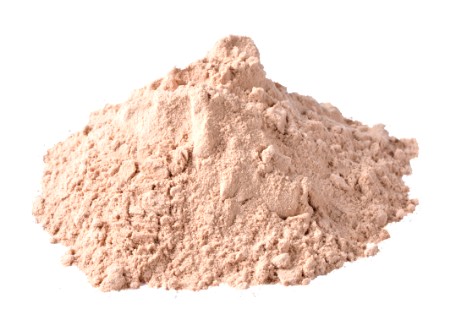
IMPACT OF INFLAMMATION
CONTRIBUTE TO A CASCADING OF EVENTS IN OTHER TISSUES.
Inflammatory cells are part of the immune system or immune response. As pets age, inflammation can occur and lead to recruitment of inflammatory cells responding to stress or other stimuli. The inflammatory cells produce messengers of the immune system such as pro or anti-inflammatory cytokines that can lead to a cascade of events in other tissues as listed below.
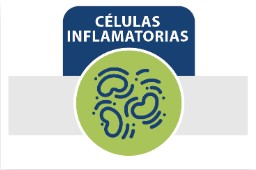
INFLAMMATION REDUCES ABSORPTION AND INTESTINAL INTEGRITY LEADING TO MALNUTRITION, SOMETIMES RESULTING IN DIARRHEA OR LOOSE STOOLS.
Inflammation of the intestinal tract can reduce absorption of nutrients, intestinal integrity (permeability), or barrier function, gut microbiota, and impact metabolism. Preventing the inflammation can reduce malnutrition and increase absorption of essential nutrients for overall well-being.

INFLAMMATION INCREASES LIVER ACUTE PHASE PROTEIN SYNTHESIS.
When stimulated by cytokines, the liver produces acute phase proteins and triglycerides. To produce the acute phase proteins, the liver takes up amino acids which are the building blocks for production of these proteins.

INFLAMMATION ACCELERATES MUSCLE DEGRADATION RESULTING IN REDUCED MUSCLE MASS.
Inflammation accelerates muscle degradation. releasing amino acids for the liver production of acute phase proteins and reduces the uptake of amino acids and protein synthesis, resulting in muscle degradation. This may affect older pets by having reduced muscle mass.

INCREASED IMMUNE RESPONSE STIMULATES NEURODEGENERATION CASCADE.
Many of the metabolic effects noted in the body are affected by these cytokines impacting the brain. Inflammation results in the febrile response, reduced feed intake, lethargy, and anorexia mediated via the brain. Inflammation can impact cognitive decline by having an increase immune response which stimulates neurodegeneration cascade. Thus, anti-inflammatory or antioxidant interventions may prevent cognitive decline associated with aging.
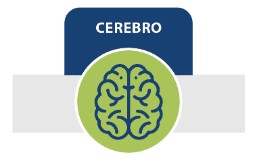
CHRONIC INFLAMMATION CAN LEAD TO INSULIN RESISTANCE AND OBESITY.
Chronic inflammation is associated with insulin resistance and obesity. The adipose tissue increases lipolysis (breakdown of fat), reduced triglyceride clearance due to decreased lipoprotein lipase activity and produces adipocytokines that can affect insulin resistance and obesity.

INFLAMMATION SPEEDS BONE LOSS AND IMPACTS SOFT TISSUE LEADING TO DECREASED MOBILITY.
Inflammation results in an imbalance of bone resorption and bone formation leading to more bone loss. Inflammation can also impact the joints resulting in swelling, arthritis, pain, stiffness which can all impact mobility.
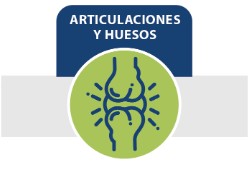
by APC
Source: All Pet Food
You could be interested: Functional properties of spray dried plasma (Part 4)
About company

About company
Our history dates back more than 35 years, when our scientists discovered the powerful role that functional plasma-derived proteins play in maintaining the immune function of animals.
Since then, we have obtained extraordinary, consistent and effective results.
Spray-dried plasma (SDP) and red blood cell products are used in animal feed and other industries to add value through their unique properties that positively impact billions of animals each year.
Noticias de la empresa
11/04/2025
Driving Innovation in Pet Nutrition: APCs Webinar Highlights the Role of Plasma Proteins
03/12/2024




































